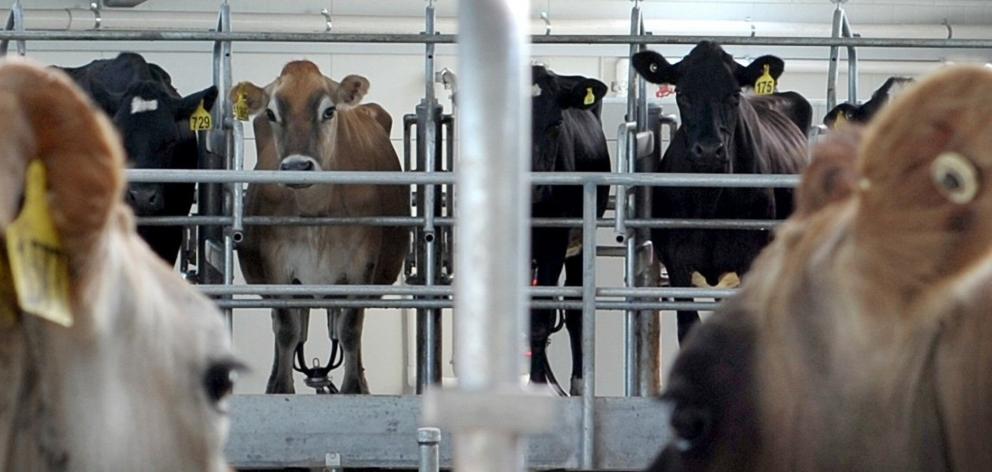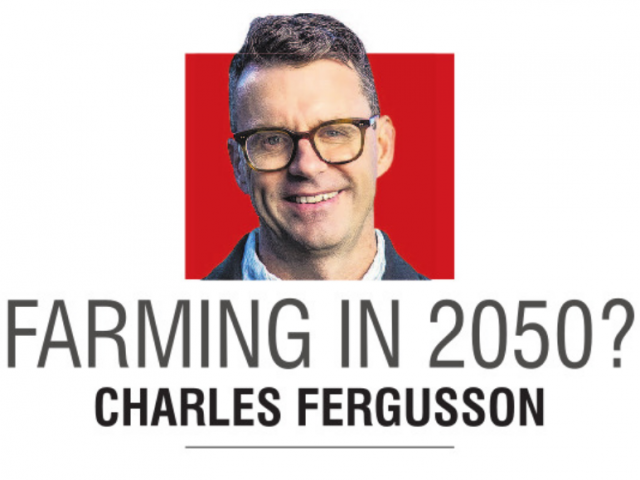
But as we look ahead to 2050, I believe the most successful farmers won’t be those chasing every new gadget. They’ll be the ones who master balance — between innovation and tradition, productivity and sustainability, global demand and local expectations.
Technology will absolutely reshape how we farm. Leading innovators are already delivering data-driven insights, helping farmers make smarter decisions.
But some fundamentals won’t change. Cows will still need to be milked. Calves will still be born. And milk will still be produced on farms, not in labs.

What will change is the context around those fundamentals. By 2050, we’ll see a significant transfer of farm ownership – whether to the next generation, corporates, or new entrants. That shift will bring fresh thinking and risk. Corporates may be less wedded to “how Dad did it,” but they must avoid the veneer of sustainability without substance.
Come 2050, the sustainability requirements from the global companies that buy New Zealand dairy will have tightened further, regulations in the countries we export to will continue to shift and the environmental expectations from customers (both international and domestic) and local communities are expected to have increased.
Things will change for farmers too. With their success contingent on navigating those challenges, they will need to consider their processors as extensions of their business.
Who else in the sector is well placed to provide the pragmatic advice and hands-on support that farmers will seek to ensure the milk they produce is fit for the increasingly demanding and higher-paying overseas markets?
Sustainability can’t be a bolt-on, it must be baked in — this is why Synlait has been prioritising this for more than a decade.
The company’s Lead With Pride programme raised eyebrows when it was launched in 2013 and Synlait became the first dairy company to pay farmers more for reaching best practice. While I wasn’t here then, I’m told by those who were, that there were some rather loud guffaws from others in the sector.
It was seven years later, before another processor saw the light and now most have followed suit. Lead With Pride, however, remains the market leader with its stringent requirements and audit processes going some way to providing Synlait farmers an independently certified "social licence".
Synlait’s exiting of raw milk processing in the North Island has brought home to me just how valued our offering is. Our North Island farmers have been left with no choice but to find another processor and, as forward-thinkers who want to stay ahead of the curve, many are doing the rounds to see what others offer.
As one said to me the other day, "No-one offers what Synlait does. Once we leave it will be up to us to do all the research and ensure we stay ahead of what’s coming".
Some farmers will wait for political pressure to force change which, when you take a macro view of the world, is inherently short-sighted.
Over the next 50 years, political requirements will swing between left and right as governments come and go.
What won’t change is the increased global customer expectations, tightening government regulations and community values.
That’s why the best farmers aren’t waiting to adapt. They are prioritising change because they want to and because it’s commercially smart to do so. Those are the real drivers.
I’m often asked by dairy farmers how important it is that we start preparing and adapting operations for a more climate-conscious future. My answer is always "it’s critical" and there’s no better time to start thinking about that future than right now.
— Charles Fergusson is director of on-farm excellence, business sustainability and corporate affairs at Synlait













